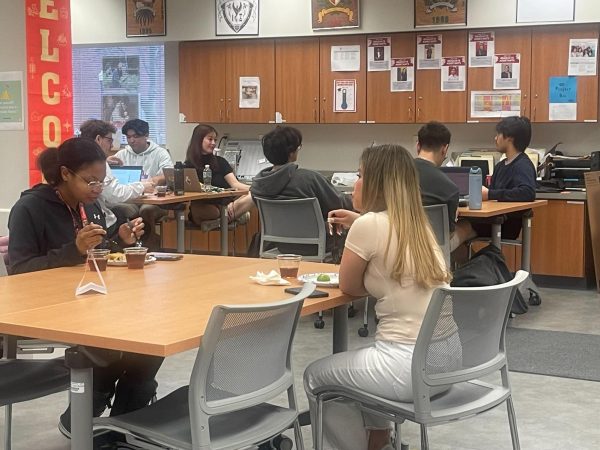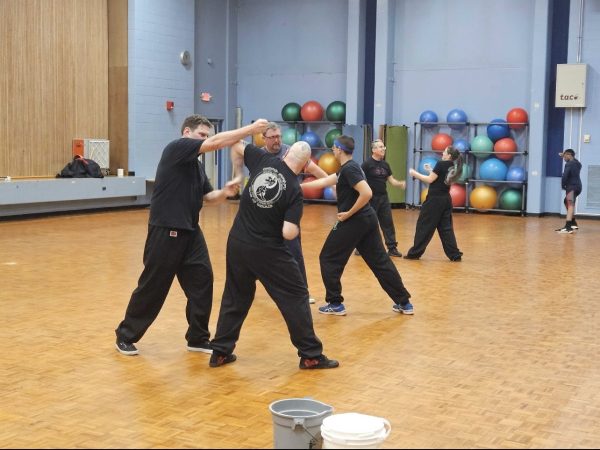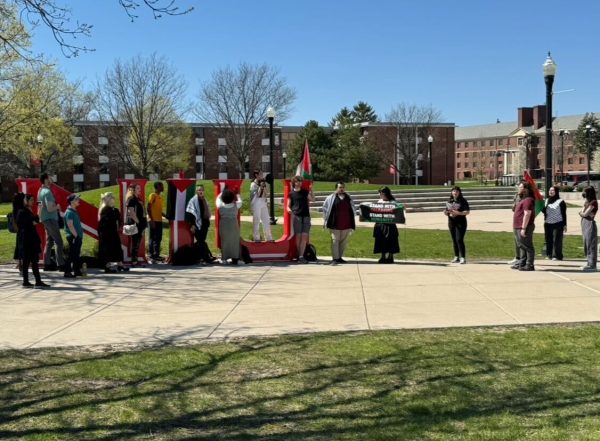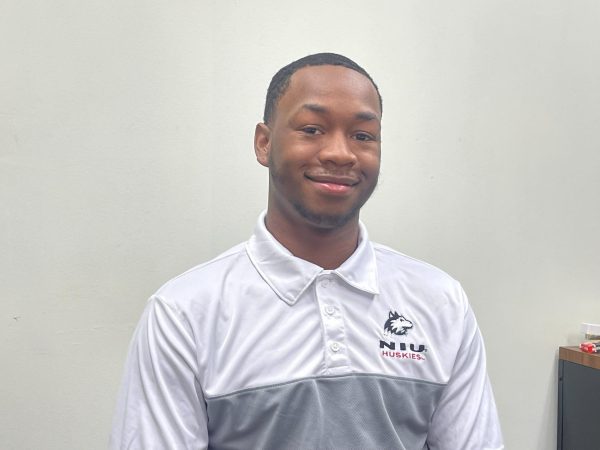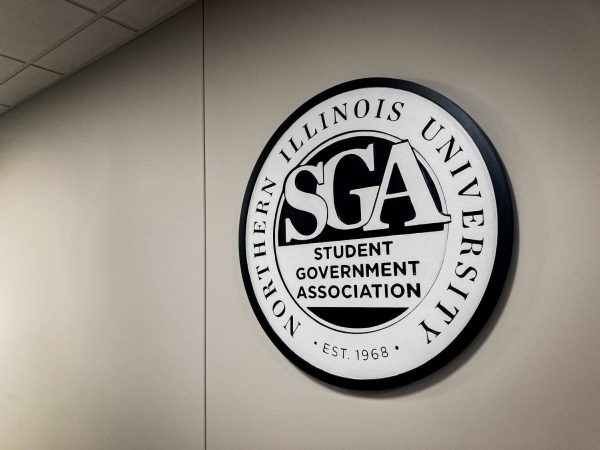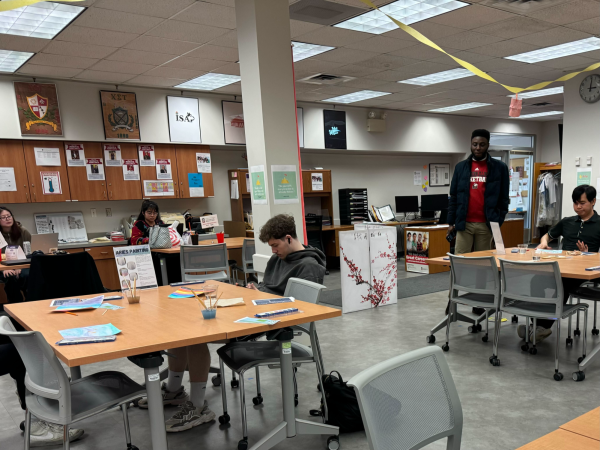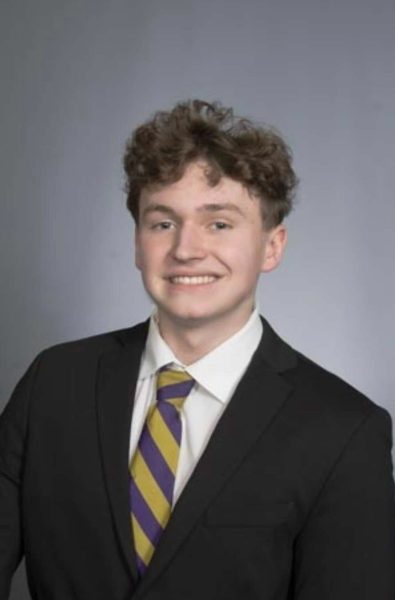Learning to spot when good weather goes bad
April 19, 2006
About 40 people watched a motorist drive through flood waters and almost fall into a gaping hole in the road.
Those who attended the official spotter training seminar Tuesday night in Faraday West, sponsored by the NIU American Meteorological Society and the National Weather Service, saw the video and learned about severe weather.
The seminar trained students and citizens to be spotters who can recognize severe weather and report it to the NWS.
The words of somebody with spotter training will hold more weight than an untrained person, said Joi Kwiatkowski, senior meteorology major and president of the student chapter of the AMS.
At the seminar, participants learned how to identify cloud formations and determine whether they could form into dangerous weather, safety concerns when out in the field and how to report severe weather to professionals.
Amanda Kromphardt, a junior meteorology major and vice president of NIU’s student chapter of the AMS, hoped to learn how to safely spot severe weather and report it.
The AMS tries to get meteorology students involved by going on field trips and guiding them toward jobs and internships. They work closely with the NWS and report weather when it happens.
The AMS has worked the past couple of years training students and setting up severe weather report systems, and NIU is the first storm-ready college in the country.
This means if a severe storm hits, students will know about it quickly through e-mails, radio or sirens.
People other than students attended the free event.
Debbie Porter, a paralegal from Deerfield, came hoping to learn about bad weather and how to identify it.
“I learned about this training seminar from a severe weather seminar at Fermilab,” Porter said.
Jim Allsopp, a warning coordination meteorologist with the NWS in Romeoville, presented the material and videos and tested the attendees at the end of the presentation before opening a Q-and-A session.
Spring comes and bad weather follows, so people need to be trained before it happens, Allsopp said.
“Preparedness saves lives,” he said.





